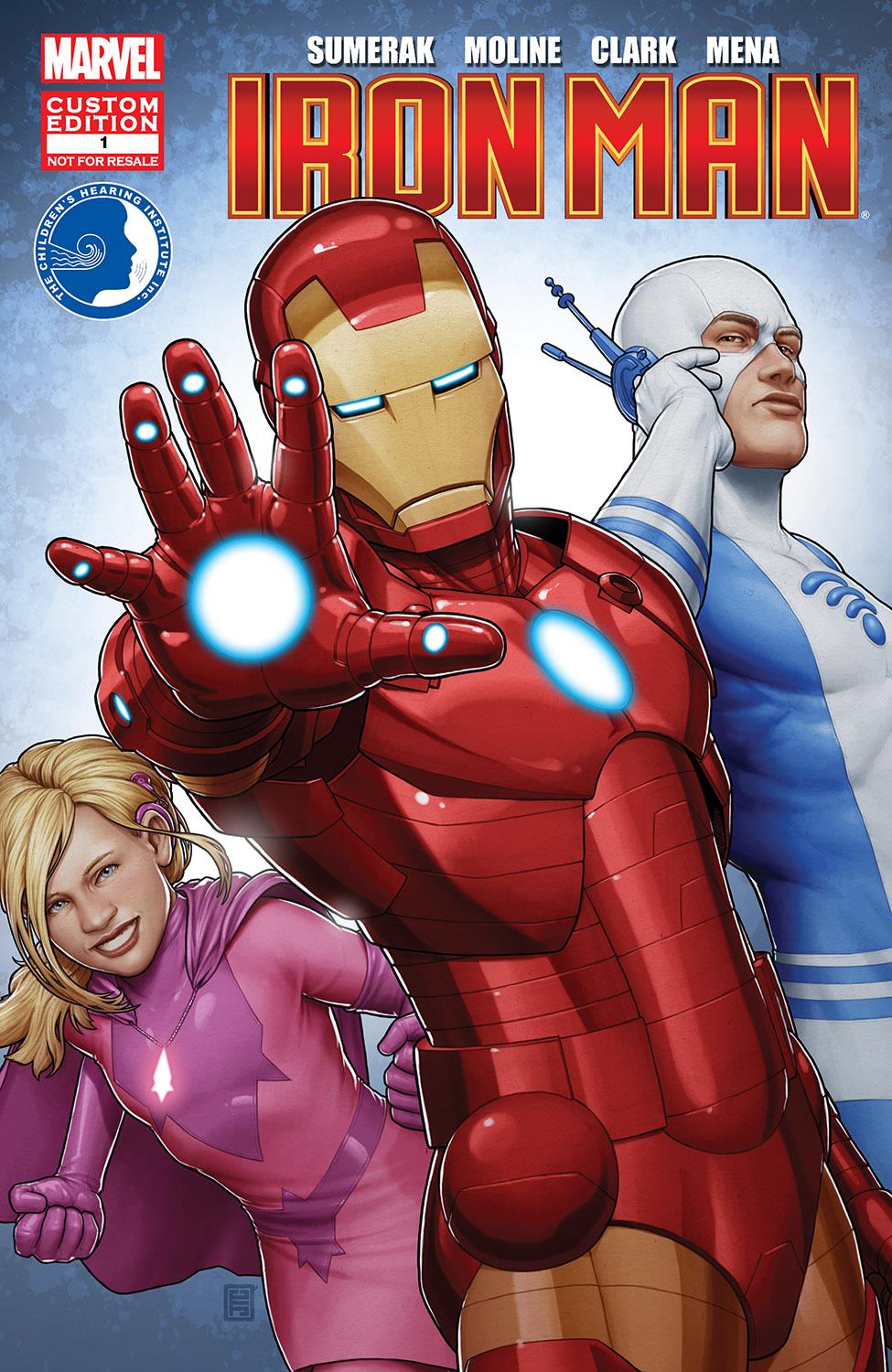 Education and comic books often times aren't thought to go hand and hand. A comic book would be out of place in a school. But that has seamlessly changed in the past 15 years or so. Teachers have started to use comics as teaching tools and ways to get students involved in learning. Graphic novels such as Watchmen, Maus, Bone, Batman:The Killing Joke and Batman:The Dark Knight Returns are often times always on an English teachers shelves. They are kept there for a student to read on their down time or for an educational purpose in the school year. School libraries typically have a section of graphic novels, trade paperbacks and manga. Not to mention when the book fair comes, there are always books centered around superheroes.
Education and comic books often times aren't thought to go hand and hand. A comic book would be out of place in a school. But that has seamlessly changed in the past 15 years or so. Teachers have started to use comics as teaching tools and ways to get students involved in learning. Graphic novels such as Watchmen, Maus, Bone, Batman:The Killing Joke and Batman:The Dark Knight Returns are often times always on an English teachers shelves. They are kept there for a student to read on their down time or for an educational purpose in the school year. School libraries typically have a section of graphic novels, trade paperbacks and manga. Not to mention when the book fair comes, there are always books centered around superheroes. Scholastic put out an article on comic books in the class room and it talks about how you have to read a comic. "As literature, comics are 'a layering of text, visual and pictoral,' says James Bucky Carter, Ph.D., author of Building Literacy Connections with Graphic Novels: Page by Page, Panel by Panel. And don’t think you can just skim a comic book. The words and illustrations are meant to be “read” together. “As long as you’re reading comics, you’re using visual literacy skills." They also touched on how comics can be a great way to peak reluctant readers’ interest and challenge those students who are fluent in more traditional literature.
Scholastic put out an article on comic books in the class room and it talks about how you have to read a comic. "As literature, comics are 'a layering of text, visual and pictoral,' says James Bucky Carter, Ph.D., author of Building Literacy Connections with Graphic Novels: Page by Page, Panel by Panel. And don’t think you can just skim a comic book. The words and illustrations are meant to be “read” together. “As long as you’re reading comics, you’re using visual literacy skills." They also touched on how comics can be a great way to peak reluctant readers’ interest and challenge those students who are fluent in more traditional literature. Comic books have always been used to teach serious topics and be great teaching tools. They have taught the topic of drug awareness such as Amazing Spider-Man #96-98 and Green Lantern/Green Arrow #85, the topic of asthma in Captain America meets the Asthma Monster, the topic of deafness in Iron Man: Sound Effects and the introduction of Blue Ear, and the topic of seat belt safety in American Honda presents DC Comics' Supergirl.
Comic books have always been used to teach serious topics and be great teaching tools. They have taught the topic of drug awareness such as Amazing Spider-Man #96-98 and Green Lantern/Green Arrow #85, the topic of asthma in Captain America meets the Asthma Monster, the topic of deafness in Iron Man: Sound Effects and the introduction of Blue Ear, and the topic of seat belt safety in American Honda presents DC Comics' Supergirl. Using comic books in an educational and fun way in schools is a way to get kids interested in comics and can teach them often time complex and interesting things. There are so many benefits to it and I hope more and more teachers and school districts keep incorporating them.
Here is the Scholastic article about comic books written by Samantha Cleaver:
https://www.scholastic.com/teachers/articles/teaching-content/comic-books/
And 10 examples of PSA comic books from DC and Marvel by io9:
https://io9.gizmodo.com/10-educationally-insane-superhero-psa-comics-5981826



